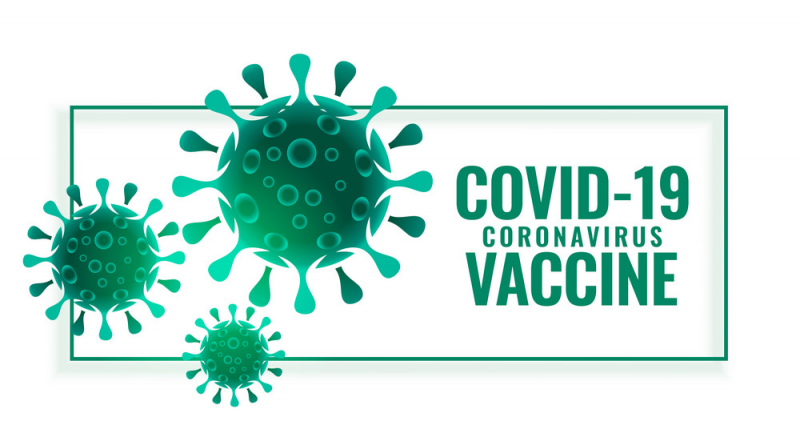Coronavirus revaccination: how it works
Coronavirus revaccination: how it works
The collective immunity to coronavirus that was claimed at the beginning of the pandemic has not been achieved in almost any country in the world. The first strain has been replaced by “alpha,” “beta,” “gamma” and “delta,” meaning that the 60 percent that was needed to stop the spread of infection is no longer sufficient.
SASR-CoV-2 has become more aggressive and is spreading at a greater rate. What’s more, doctors say, the “delta” (Indian) strain leads to a more severe course of COVID-19. But the good news is that known vaccines, including Companion V, have so far protected against all existing varieties of coronavirus. But why are these vaccines two-factorial? Can’t one vaccine be sufficient?
First, the body gets acquainted with the new pathogen and puts it into memory – if the pathogen appears somewhere, it will protect itself against it. This happens during the first vaccination. It is especially good if the vaccine is administered again three to five weeks later. At that point, the body’s already prepared immunity activates. And now almost all vaccines are at least two-component. The first shot is an introduction, the second is immune activation. In that case, you are protected.
But how long the powerful protection against coronavirus formed after a two-factor vaccination lasts is not yet known. Research in this area is continuing. Doctors are now inclined to believe that about six months after the second phase you should revaccinate. In this case, only one dose of the drug is injected into the body – there is no need for a two-factor vaccination.
The human immune system is a complex system, and it is not easy to predict how long the protection lasts. Those who were vaccinated six months ago certainly still have some protection. If someone gets infected with coronavirus now, he most likely won’t go to Kommunarka, but will calmly catch a cold at home. But I would like not to get infected at all, and according to statistics, after one shot revaccination chance of infection is again reduced to very low. Even with this new “delta” strain, which, unfortunately, is more likely to break through the protective vaccine.
